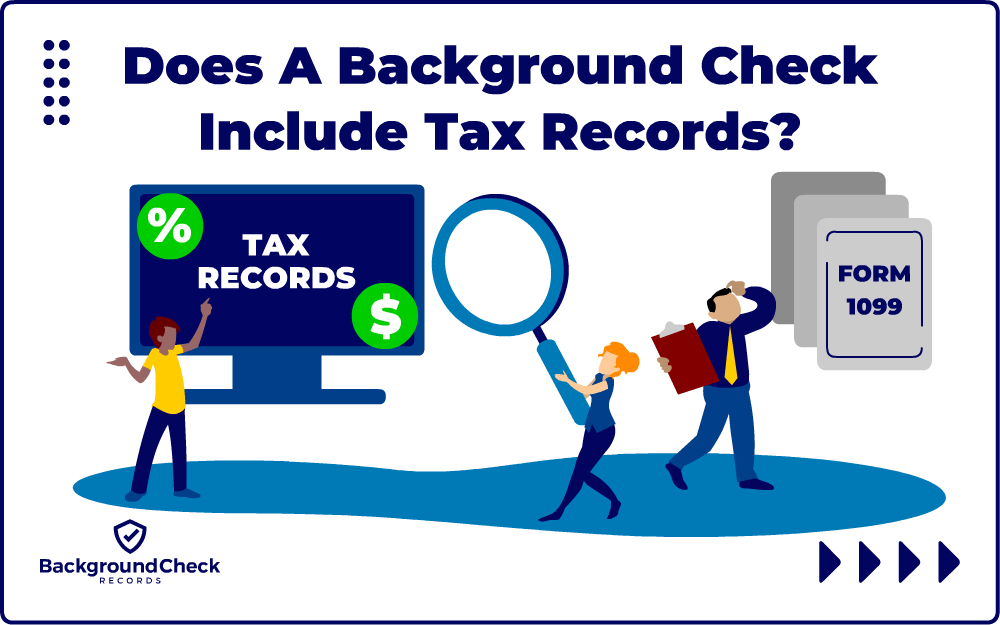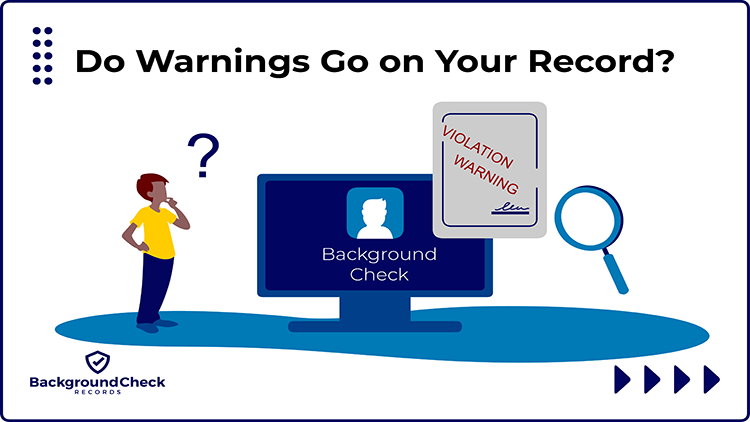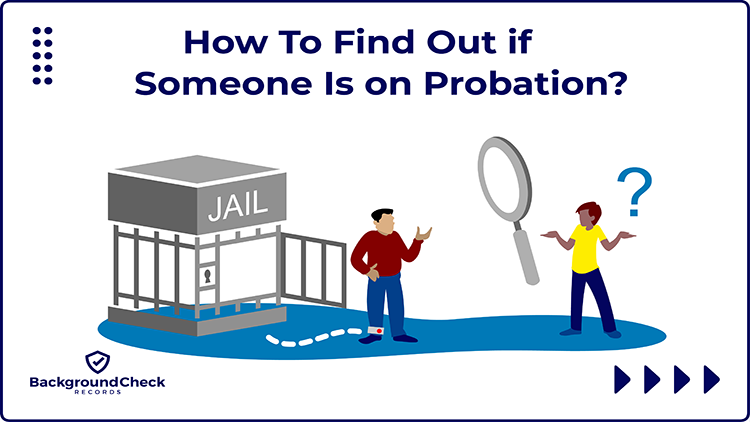Does a Background Check Include Tax Records? Yes..Tax History, Returns
Many potential employees and rental applicants often ask whether a background check covers tax records. The unfortunate truth is yes, background checks may report some types of tax records even though the IRS doesn’t report tax matters in most cases.
So before consenting to a background check, it’s important to know whether or not certain tax records like tax history, returns, bankruptcies, levies, and liens show up on your background check report and one of the best ways to do so is run a tax background check.
Do All Types of Background Checks Show Tax Records?
In many cases, background checks will not necessarily show tax records but it depends on the type of background check and the type of tax record. It should be noted that the IRS is not permitted by law to release information about an individual’s tax matters; however, whenever there is a sanction, this information becomes public on certain background checks.
The different types of background checks may potentially show tax records and are briefly outlined in the sections below.
What is Included in a Background Check?
Criminal background checks typically display the subject’s interactions with law enforcement pertaining to details such as arrests, convictions, misdemeanors, incarcerations, and sometimes even arrests that do not lead to convictions.
Criminal background checks may potentially show an individual’s tax report and will largely depend on the salary of the potential position. If the wage is less than $75000 annually, then information related to government sanctions (tax liens as an example), civil judgments, etc., will not appear. If the salary is more than $75000, then it would show.
Civil Background Checks
Civil court background checks are checks on an individual’s noncriminal history. These checks are meant to gauge an individual’s competence, character, and decision-making skills critical in a financial or management position.
They, therefore, report on information such as liens, bankruptcy, civil judgments, lawsuits, breaches of contract, etc. As such, tax records will appear on civil background checks which assist employers to hire qualified candidates and make informed decisions during the hiring process.
FBI, Fingerprint & Level 2 Background Checks
FBI, fingerprint, and level 2 background checks are all synonymous and they will usually be conducted for those positions that require a high level of trust and responsibility; they will usually uncover arrests, convictions, violent behavior, and crimes against children and vulnerable members of society, such as the disabled.
These checks are at the national level; fingerprint checks are very specific due to the unique nature of fingerprints – there could always be a mix-up with similar names with name-based or level 1 background checks. As with criminal checks, they also return results that detail an individual’s run-in with the law, such as arrests, convictions, sex offenses, terrorism, traffic violations, or even parking tickets.1
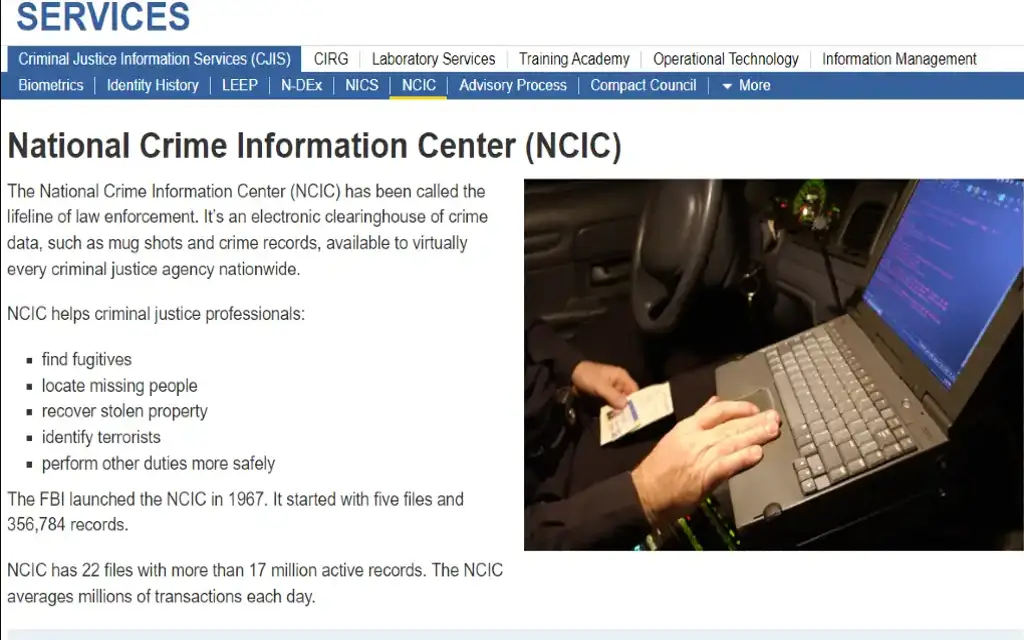
These checks are drawn from the National Crime Information Center (NCIC). These kinds of checks will always include tax records due to the broad scope of the search conducted, thus government sanctions such as tax liens will show up.
Employment Background Checks
This kind of check will usually return information such as an applicant’s work history, verifying the educational credentials, professional licensing checks (real estate license, etc.), Social Security Number (SSN) trace, and criminal history. Depending again on the yearly salary the position will command, they may show information on tax records.
Tenant Background Checks
Homeowners and rental complexes are keen to ensure to lease to trustworthy individuals, thus ensuring the community’s safety. They also want to ensure the potential lessee is in good financial standing to afford the property.
These checks will aptly investigate an individual’s tenant history, criminal history, credit reports, eviction records, and sometimes public records (such as bankruptcies and liens), etc. Thus depending on the financial level, the homeowner wants to dig into the tenant, and tax records may potentially show up.
Statewide or Level 1 Background Checks
Level 1 background checks are not very thorough; they typically will be only a state name-based search and employment history verification. Level 1 background checks will not show tax records due to their limited scope. They also do not cover the national level where many of the tax records will appear.
What Types of Tax Records Shows Up on Background Checks?
The IRS usually will not report any sort of tax record unless certain parameters were exceeded. For instance, the IRS will not release information related to tax returns, i.e., having back taxes, unpaid taxes, paying taxes late, or requesting an extension so these will not appear on a credit report.
However, when an individual has a tax obligation to the Internal Revenue Service (IRS), the agency will issue the information (bankruptcies, liens, levies, tax fraud, and evasion) publicly. One example of this is a tax lien against the assets – whether personal property or real estate.2 The unfortunate fact is that liens can affect an individual’s ability to secure loans and may be reported on their consumer credit report, which vastly lowers the credit scores – sometimes up to 200 points.
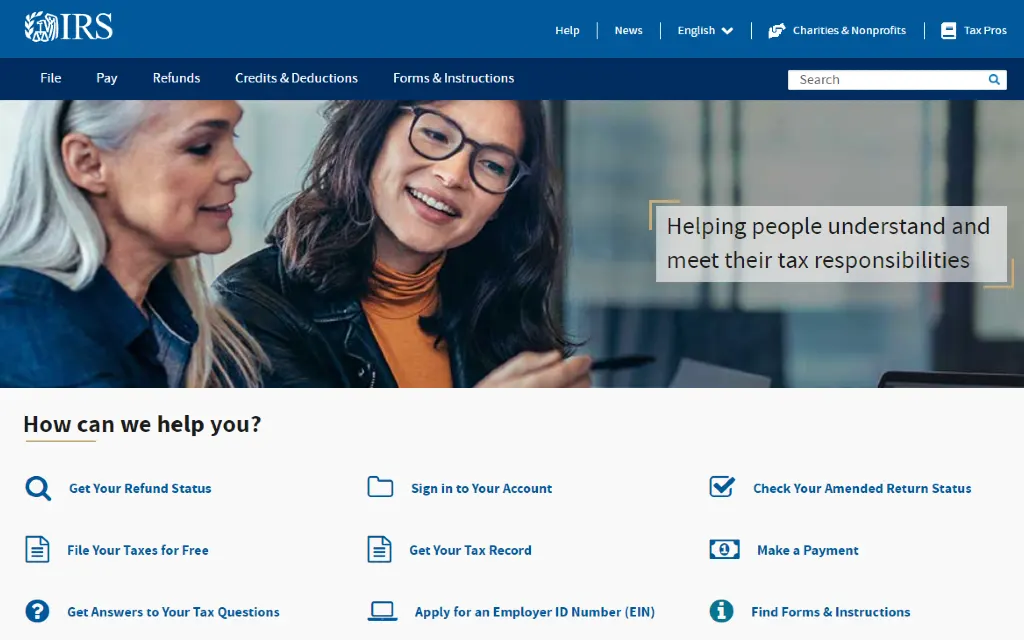
Wary applicants asking themselves whether or not a background check includes tax records should now be aware that liens and levies are some two of the most common types of tax records that show up on a background check screening.
After lobbying in 2018, the 3 main credit reporting bureaus, Equifax, Experian, and Transunion, agreed to not report tax liens on credit reports. However, this information is accessible to employers, landlords, or lenders when conducting background checks and liens are just one type of tax record that can be reported.
The following details more information on the types of tax records that will show up on background checks:
Tax Liens
Tax liens are imposed on an individual to pay taxes, usually on financial assets, real estate, and personal property once the tax bill exceeds $10,000. Even though tax liens may not appear on a credit report, they are public records that can be traced through a civil background check and even appear even after an individual files for bankruptcy if the liens are before the filing.
These would potentially show on employment background checks, especially for individuals who will be making more than $75000 annually. Tax liens will always show up on civil court background checks and FBI fingerprint background checks and they may potentially show on employment, tenant, and level 2 background checks.
Note, that the tax lien that has been paid off does not show on the records after a lapse of 7 years; unpaid liens will stay on record for 15 years.
Tax Levies
Tax levies are the actual seizing of property of which there is a tax lien by the IRS.3 Levies will always appear on civil court background checks and FBI fingerprint background checks. They may potentially show on employment, tenant, and level 2 background checks.
Tax Fraud and Evasion
Tax fraud and evasion involve not reporting income or filing taxes, keeping double financial records, reporting personal expenses as business expenses, using a false SSN, or concealing assets or taxable income. There are a number of tax crimes committed by individuals, but if you’re concerned that a background check will reveal tax records, a tax evasion, which is considered a felony, will show up on tax records, especially after an audit and subsequent conviction. The IRS can choose to impose both civil and criminal penalties on tax fraud; they even have their own Criminal Investigation Department (CID) unit that investigates the different types of tax crimes.
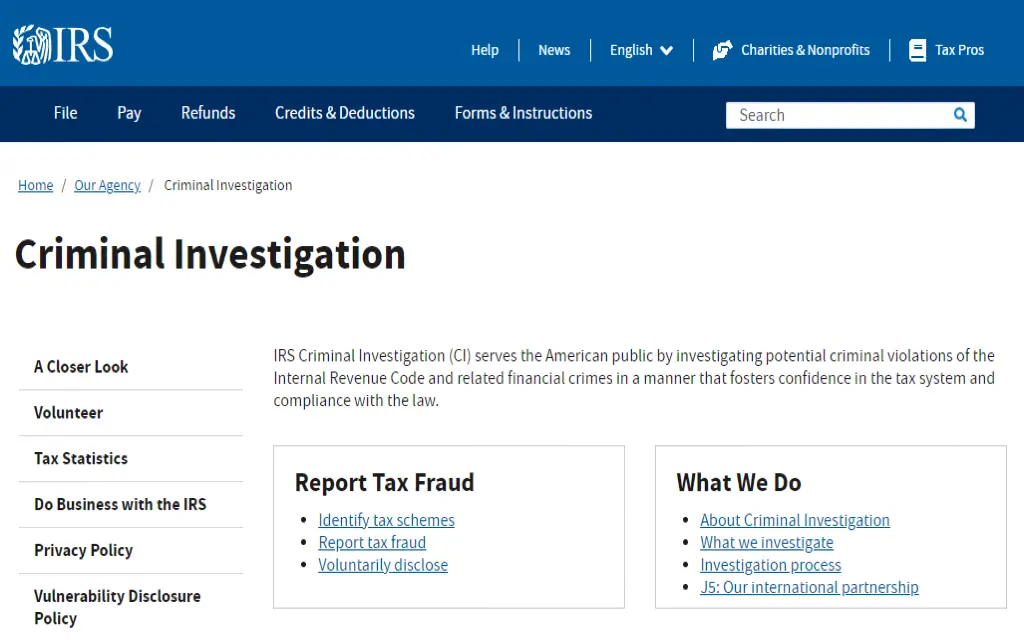
A civil penalty will incur a penalty of 75% of the tax due plus interest. A majority of criminal convictions will incur civil penalties as well. When convicted, the record will show up in a criminal history check. Tax fraud and evasion will always show on civil court background checks, FBI fingerprint background checks, and potentially on employment, tenant, and level 2 background checks.
Bankruptcies
Bankruptcies never show on criminal record checks. They will, however, show on civil court background checks and potentially on employment, tenant, and level 2 background checks.
Bankruptcies Can Be Listed on Certain Background Checks & Sectors
When an individual files for bankruptcy, they are not committing a crime. The filing is done in a bankruptcy court when the individual cannot fulfill their debt obligations. There are three types of bankruptcy filings, that is:
- Chapter 7 bankruptcy: this accounts for a majority of filings and is permitted when the court deems the individual unable to pay off the debt. In which case, an individual’s assets would be liquidated to cure the debt.
- Chapter 11 bankruptcy: this kind of bankruptcy allows a business to reorganize its structure while receiving protection from creditors, to regain profitability and
- Chapter 13 bankruptcy: this typically happens when individuals are delinquent on loan payments such as credit cards, medical bills, etc. They are allowed to keep their assets and have payment plans supervised by the court.
Bankruptcies will not appear on criminal background checks as they do not pertain to crime. They will also not appear in civil court background checks- including federal court checks and upper and lower civil courts.
They will, however, appear on federal bankruptcy checks- the information will stay on record for 10 years as mandated by the FCRA 15 U.S.C. § 1681c.4 Bankruptcies will appear on credit reports, but if an employer chooses only to do a criminal history report, they will not appear.
An employer must obtain consent to a credit check as part of the potential employer’s background check, especially if it is in a sector such as bookkeeping or accounting. Or in other words, professionals cannot run a background check without your permission if it’s for reasons such as employment, licensing, housing, insurance etc.. Although someone can conduct a background check on you without your consent if it’s for personal reasons like screening a date, a neighbor, or distant family member.
But regardless, they would not base the hiring decision on credit alone and if the applicant refuses, they may potentially lose a chance of gaining employment.
On the other hand, an employer cannot discriminate against an applicant based on a bankruptcy record- this is considered bankruptcy discrimination and a violation of federal law under 11 U.S. Code § 525 of the bankruptcy code.5
Liens & Levies Show Up on Civil Background Checks
Civil background checks provide an array of information about an individual, but in regards to tax records, liens and levies are the primary types of tax records that will show up. If an individual pays off a levy, this will stay on record for 7 years. Failure to pay the levy will constitute 15 years on the record.6
They may not be available on credit reports but can be accessed by lenders, landlords, credit card companies, and even employers employing Consumer Reporting Agencies (CRA). Tax liens and levies no longer impact credit scores.
Can a State Tax Lien Prevent Someone From Gaining Employment?
When an individual has a tax lien, it is usually an indication of financial distress. A tax lien will not necessarily prevent employment. However, if the job in question is a financial one, it will negatively impact the applicant and compromise efforts in securing the position.
Also, employees with liens will typically be barred from working on projects for both state and federal governments; this will obviously have a direct impact on the employer.
Additionally, the IRS may garnish the wages of these employees, thus making the payroll administration with these individuals more challenging. Thus, many employers with these concerns will choose not to hire these applicants, labeling them as risky gambles.
Tax Fraud & Evasion Shows on Criminal Background Checks
When an individual commits tax fraud, a form of evasion, the IRS will usually conduct an audit on the individual. In most cases, the IRS, upon confirming wrong-doing, will slap a fine on the individual. However, in a small number of cases, the case will be forwarded to the IRS Criminal Investigation Department (CID) for prosecution; the department has one of the highest convictions in federal law enforcement at 90.4%.7
When a conviction occurs, this record will no longer appear on a tax background check and will be a criminal record. As per the IRS, in 2015 they prosecuted only 1,330 people out of 150 million people – the agency always resorts to criminal prosecution as a last resort. Typically, most tax crimes carry a maximum five-year prison term and a fine of $100,000.
Do Tax Records Show Up On Background Checks for Very Long?
Fortunately for many individuals, these negative marks on the records can be remedied. These are outlined below:
Liens can be cured by paying the tax obligation even if it is on an installment plan, negotiating with the IRS on a settlement usually with the help of an attorney, filing an appeal or the IRS may withdraw the lien on the property to allow the taxpayer to pay off the debt or discharging the property. Liens that have been paid off, would last on the record for 7 years as mandated by federal laws; unpaid tax liens fall off after 15 years.
Bankruptcies do not result in criminal records. They will last on record for 10 years as mandated by federal law.
Tax evasions that result in prosecution and conviction become a criminal record – and are felonies remaining permanently as a public record.
Tax Records That Do Not Show Up on Background Checks
The IRS and its employees are prohibited by federal law from releasing information on an individual’s tax returns to third parties and, therefore, would not show up on a background check. As stated earlier, only items such as tax liens, levies, evasions, etc., may show up.
There are some instances when tax records will not show up on background checks, these include:
- Late payments of taxes
- Failure to file tax returns
- Having back taxes
- Requesting an extension etc.
Eleven states have passed legislation prohibiting employers from running credit checks for job applicants: California, Colorado, Connecticut, Delaware, Hawaii, Illinois, Maryland, Nevada, Oregon, Vermont, and Washington. New York City but not the state, is also among them.
The only exceptions to this are if the applicant is working in a financial field where they must have fiscal responsibility, law enforcement, and professions that require a high level of public trust and accessibility to sensitive information. The legislation was enacted to prevent discrimination against low-income applicants and those of color from obtaining employment brought on by these checks.
In addition, in 2019, the U.S. Congress passed H.R. 3614 (Restricting Credit Checks for Employment Decisions Act), which amended the FCRA restricting the use of credit history for employment decisions.8
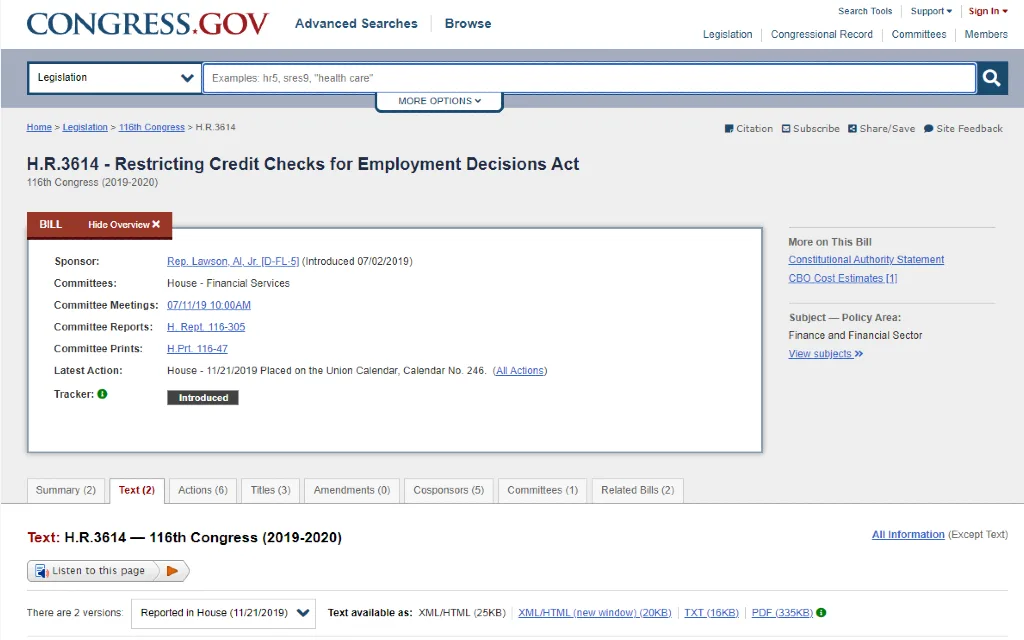
Most employers- over half do not conduct credit background checks on applicants and 80% have hired applicants whose credit reports displayed a negative financial standing.9
In conclusion, tax records may show up on a background check if the IRS reports a lien, levy, or bankruptcy but it also depends on the type of background check or thoroughness.
Frequently Asked Questions
Can an Employer Check Your Tax History or Tax Returns?
No, an employer cannot see your tax returns as this is prohibited by federal law. It is not illegal for an employer to request your tax returns, but an applicant must consent to the disclosure by signing Form 4506-T.
Do Security Clearances Review Tax Records?
Yes. Individuals who apply for security clearance must submit a 120-page Questionnaire for national security positions from the U.S. Department of Personnel Management. Among the questions include finding out if the applicant files tax returns, makes tax payments, or even has tax debt. Back taxes owed or failure to file returns for years could result in a denial of security clearance.
What's the Best Way to Clear My Tax Records From a Background Check?
The best way to remove a tax record is to address the tax obligation with the IRS either by paying it back, filing an appeal, or coming to some compromise with the agency; filing bankruptcy may help but rarely. Once the obligation is addressed, ensure that the Consumer Reporting Agencies (CRAs) and credit bureaus have an update on the settled status by notifying them of the same.
If I Owe Back Taxes, Can I Still Be Hired by a Federal Agency?
No. H.R. 828, the Federal Employee Tax Accountability Act, enacted mandates that individuals with delinquent tax debts are ineligible for federal employment or contracts.
The legislation will not affect those making an effort to cure their tax obligations. This could also make current federal employees with tax burdens targets for termination.
1 Chapter 435 Section 04 – 2018 Florida Statutes – The Florida Senate. (n.d.). Florida Senate. Retrieved July 9, 2022, from <https://www.flsenate.gov/Laws/Statutes/2018/435.04>
2 Understanding a Federal Tax Lien. (n.d.). Internal Revenue Service. Retrieved July 9, 2022, from <https://www.irs.gov/businesses/small-businesses-self-employed/understanding-a-federal-tax-lien>
3 What is a Levy? (2022, May 19). Internal Revenue Service. Retrieved July 9, 2022, from <https://www.irs.gov/businesses/small-businesses-self-employed/what-is-a-levy>
4 Fair Credit Reporting Act – Revised September 2018. (n.d.). Federal Trade Commission. Retrieved July 9, 2022, from <https://www.ftc.gov/system/files/documents/statutes/fair-credit-reporting-act/545a_fair-credit-reporting-act-0918.pdf>
5 11 US Code § 525 – Protection against discriminatory treatment | US Code | US Law | LII / Legal Information Institute. (n.d.). Legal Information Institute. Retrieved July 9, 2022, from <https://www.law.cornell.edu/uscode/text/11/525>
6 Credit Reports and Scores. (2022, April 27). USA.gov. Retrieved July 9, 2022, from <https://www.usa.gov/credit-reports>
7 IRS Criminal Investigation releases Fiscal Year 2020 Annual Report; identifies $2.3 billion in tax fraud. (2020, November 16). Internal Revenue Service. Retrieved July 9, 2022, from <https://www.irs.gov/newsroom/irs-criminal-investigation-releases-fiscal-year-2020-annual-report-identifies-2-point-3-billion-in-tax-fraud>
8 Text – H.R.3614 – 116th Congress (2019-2020): Restricting Credit Checks for Employment Decisions Act. (n.d.). Congress.gov. Retrieved July 9, 2022, from <https://www.congress.gov/bill/116th-congress/house-bill/3614/text>
9 Background Checking—The Use of Credit Background Checks in Hiring Decisions. (n.d.). SHRM. Retrieved July 9, 2022, from <https://www.shrm.org/hr-today/trends-and-forecasting/research-and-surveys/pages/creditbackgroundchecks.aspx>
10 Senate Report 113-272 – AMENDING TITLE 5, UNITED STATES CODE, TO PROVIDE THAT PERSONS HAVING SERIOUSLY DELINQUENT TAX DEBTS SHALL BE INELIGIBLE FOR FEDERAL EMPLOYMENT. (n.d.). Govinfo.gov. Retrieved July 9, 2022, from <https://www.govinfo.gov/content/pkg/CRPT-113srpt272/html/CRPT-113srpt272.htm>

